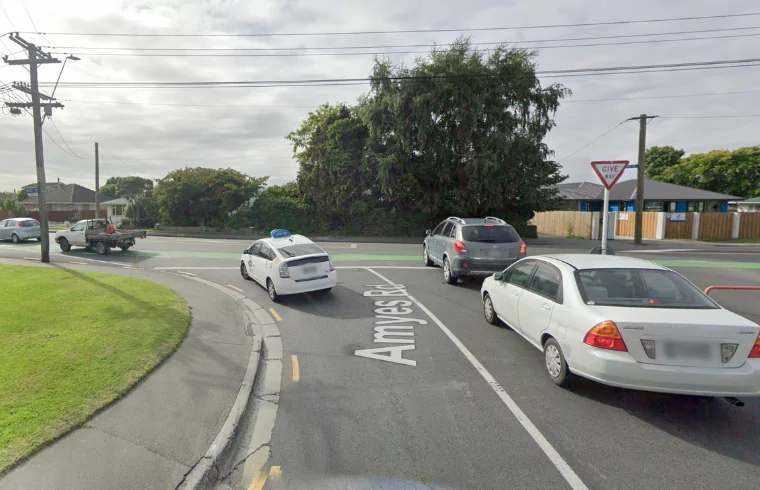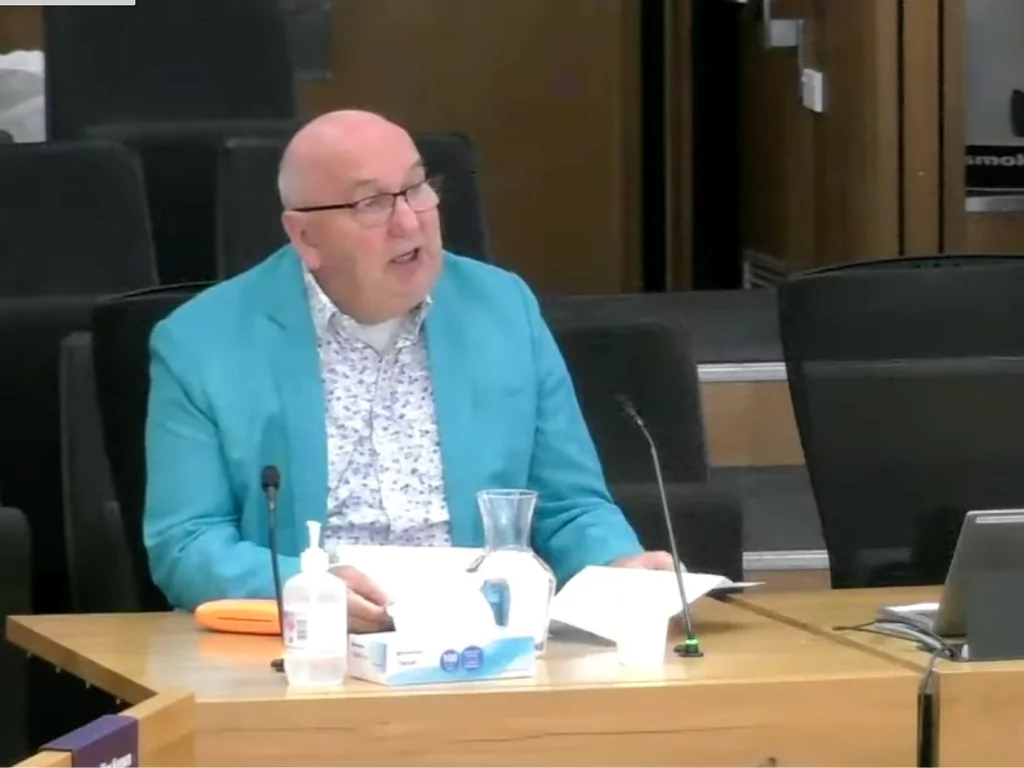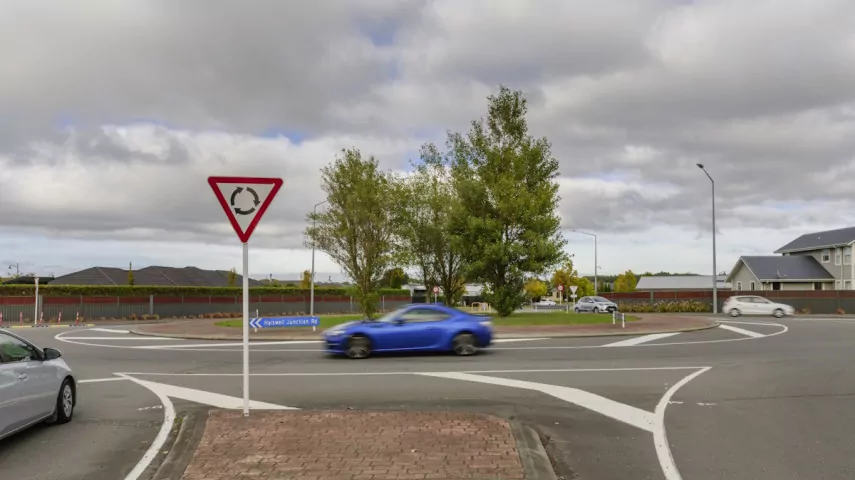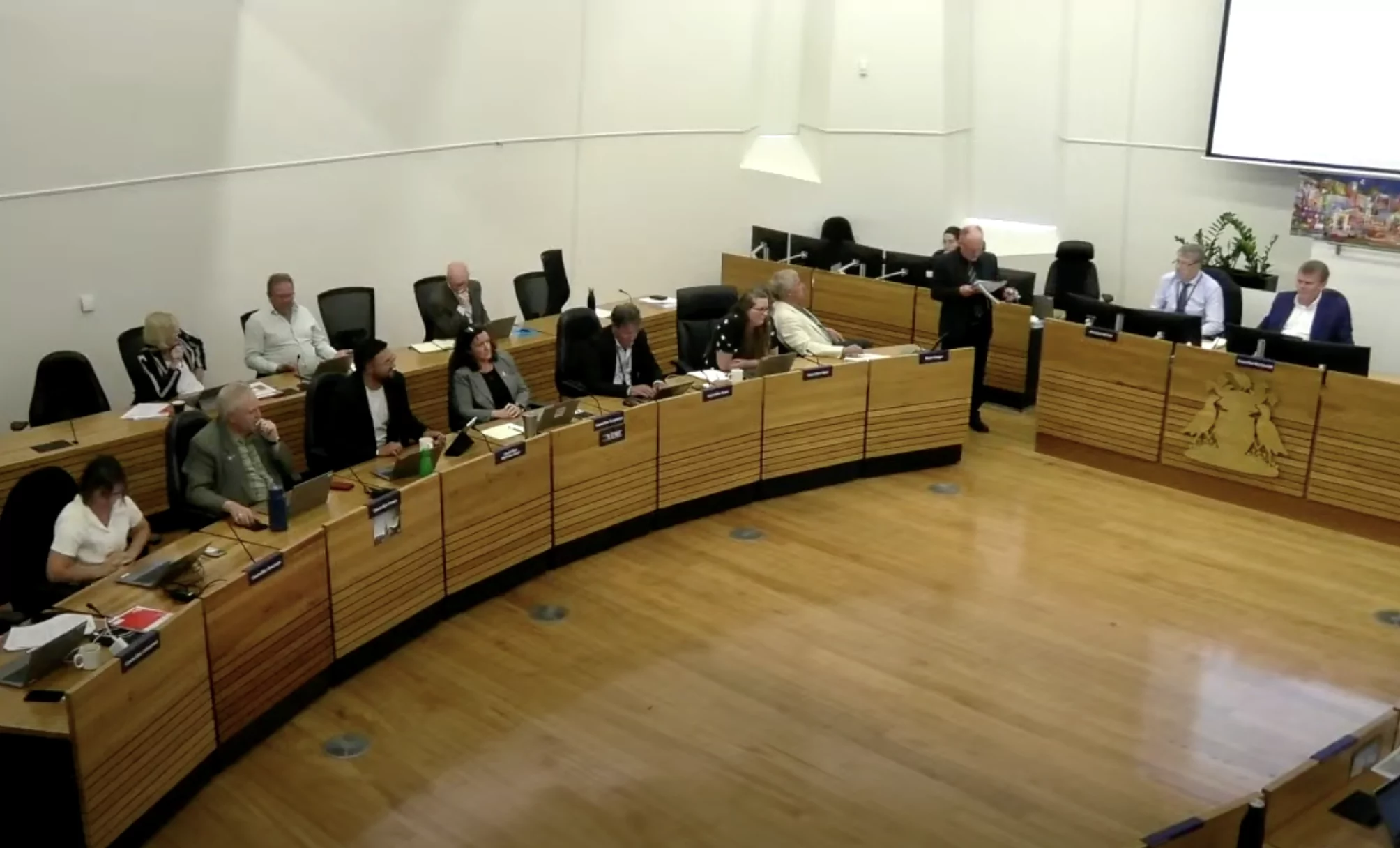Business Canterbury (previously known as the Canterbury Employers’ Chamber of Commerce) has criticised some city councillors for their lack of “commercial acumen.”
It follows the immediate resignations of independent directors Chris Day, Abby Foote (Chair), Martin Goldfinch, and David Hunt as first reported by Chris Lynch Media.
It is understood Councillors Jake McLellan and Melanie Coker called for the board to resign after it proposed to remodel council assets, perceived by many as a step towards partial asset sales.
Chris Lynch Media learned that councillors discussed the future of the board during a closed session held on Wednesday.
Business Canterbury Chief Executive, Leeann Watson said “last year, Business Canterbury was supportive of the active asset management approach presented to the Council by the CCHL board, given that it proposed a forward-thinking strategy allowing capital flows for growth and significant longer-term dividend returns, reducing future pressures on rates.
“The irony here is that the Council rejected a CCHL proposal in December which would allow it to increase dividend returns and reduce rates pressure significantly, then just months later sent a letter of expectation to substantially increase short-term dividend returns without any additional capital and at the same time as presenting 14 plus per cent rates rises – in my view an impossible situation for CCHL and Christchurch rate payers.
“It has become clear to businesses that the Council, despite setting up the CCHL governance structure to provide a layer of political neutrality in the governance of our strategic assets, is not effective in its oversight of CCHL.
“Being agile and operating with foresight is what businesses do, particularly now during challenging economic times like those we are operating in right now” Watson said.
“The obvious lack of commercial acumen from Councillors in rejecting a different approach for CCHL has unfortunately led to the resignation of four independent board members, and will ultimately impact on the investment required into our strategic assets to support the growth of Canterbury into the future.
“With the Council oversight of CCHL causing disarray, the obvious question is who would put their hand up to take the board places now vacant, and govern an organisation with limited ability to operate commercially and independently of elected members?
“As was put to the Council in Business Canterbury’s submission on its draft Long Term Plan, we are heading into a ‘golden decade’ for Christchurch and Canterbury. Now is the time to reset how the Council oversees CCHL, so it can better do its part in driving our region into the 2030s and beyond.”
Mayor Phil Mauger, who had publicly expressed confidence in all board members last week on Chris Lynch Media, thanked Chair Abby Foote and the departing directors for their contributions to CCHL. “I wish them all well in their future endeavours. We look forward to continuing to work with the remaining members of the board and the new chair, who will move us forward in the direction set by the Council,” Mauger said in a statement sent to ChrisLynchMedia.com.
Meanwhile, Councillor Tyla Harrison-Hunt said, “While I’m disappointed in the way that this has played out, I respect the Chair and board members’ decision to resign. In December, we voted to keep hold of our assets and, in light of that, requested that CCHL actively manage the portfolio accordingly. This requires a skillset that is arguably challenging in this current environment; however, I appreciate the work that has been put in so far and look forward to a board that can manage our key infrastructural assets and align with the council’s core values. I wish nothing but the best for the members and look forward to transitioning into a meaningful relationship with the new board.
Aside from the heat in media, I believe that the challenges that lie ahead with regard to dividend, maintaining our assets, and good governance practices can be achieved through working together with council and the city in a positive light. The future has challenges, and we require a board that can take the challenge by the horns and produce good outcomes for the city and do good by the people of Christchurch. Again, I thank Abby, CCHL, and staff for the work they put in.”
Councillor Kelly Barber told Chris Lynch Media, “It’s very disappointing to say the least, but as they say, ‘let the chips fall where they may.’ I’m only interested in working with those who want to move forward with Council to achieve the goals we’ve set as a council team. In any corporate environment, things change; those that have the flexibility to roll with that do so, and those that don’t move on,” Barber said.
When Melanie was asked for her comment by Chris Lynch, she responded, “I would be keen to know how the media have this letter ahead of city councillors.”
Councillor Jake McLellan said, “It’s no secret the board had lost the confidence of councillors. This is a result of their handling of the asset sales conversations and ongoing difficulty confirming dividend amounts. I’m glad to see the Board made the right call, but disappointed they’re choosing to re-litigate decisions we’ve made as Council based on the clear public view that asset sales aren’t acceptable. I am looking forward to working with a Board focused on growing the City’s assets, not selling them. We need a CCHL board committed to a thriving Port, Airport, Enable, and other infrastructure assets delivering for Canterbury – not equity markets.”
Councillor Victoria Henstock said, “While I’m disappointed, there is a sense of inevitability about this given recent events. It is a loss for the city. It would be naive to expect talented independent governance professionals to remain in an environment they feel compromises their professional integrity.”
Councillor James Gough said, “The resignations are regrettable but not unexpected. Last year’s council decision, passed by a narrow majority, to instruct CCHL to adopt the ‘enhanced status quo’ structure, against the advice of the independent Northington’s review and the CCHL board themselves was, in my opinion, ill-considered.
“I have been very open in my view that I felt this directive overlooked critical commercial realities in favor of doubling down on ideology – pressing for an operational model that the experts did not recommend, essentially directed CCHL to ‘sweat the assets.’ Such a strategy not only undermines the financial health and integrity of our city’s key infrastructure assets, but also places undue strain on the portfolio and their potential to deliver value to the community over time. I suspect it will impair both their short-term capabilities and longer-term strategic goals. Given this backdrop, the decision of some directors to resign isn’t something that surprises me,” Gough said.









